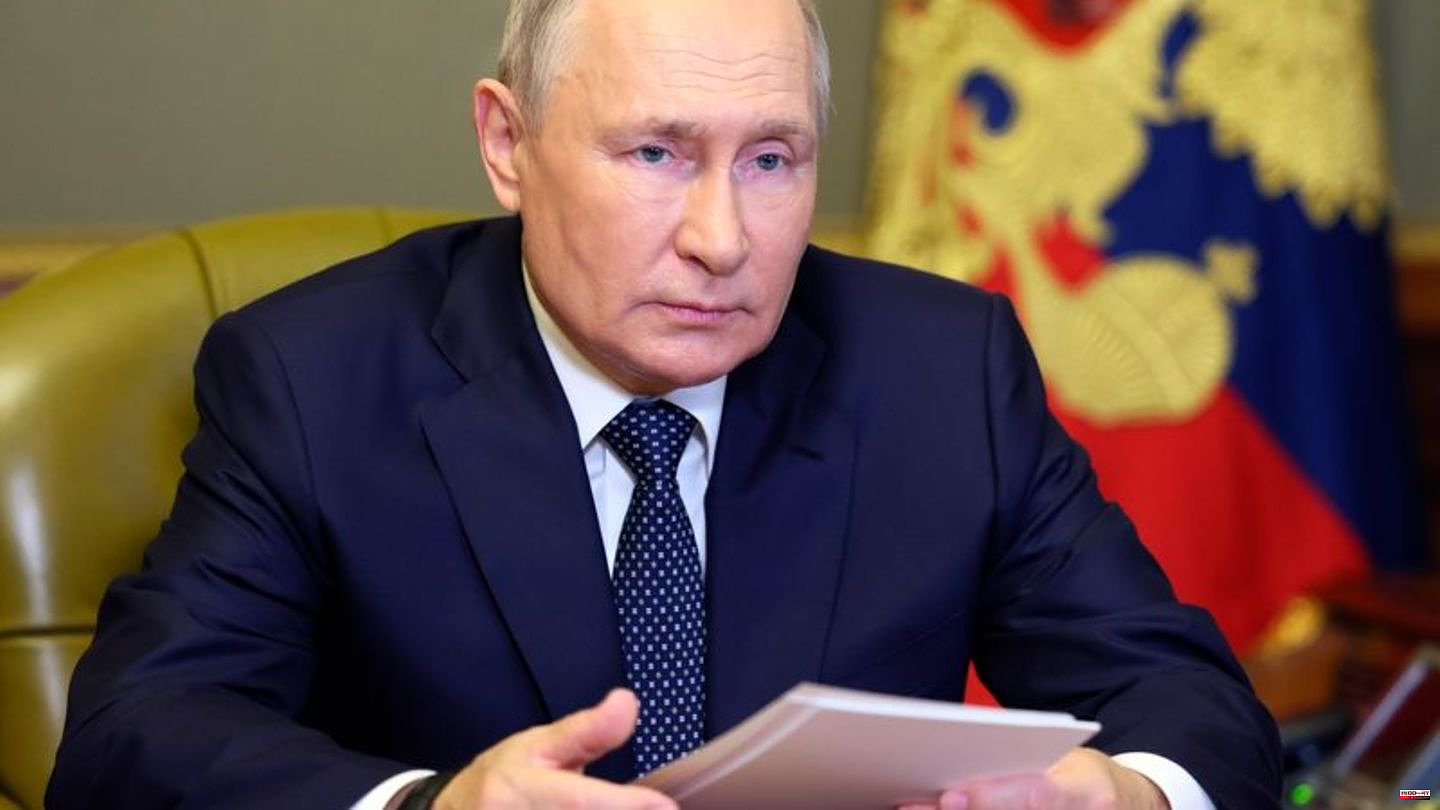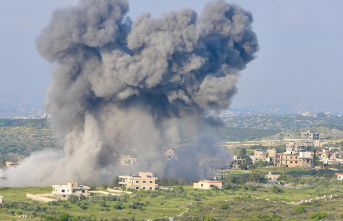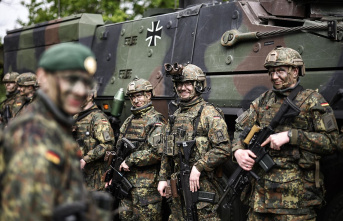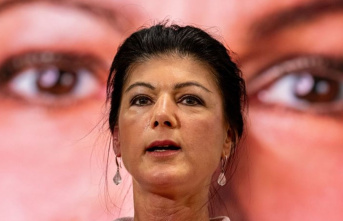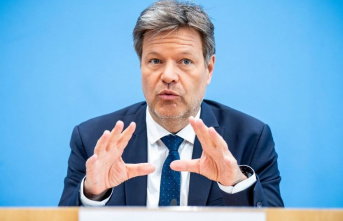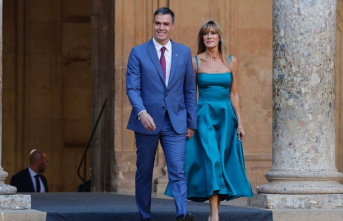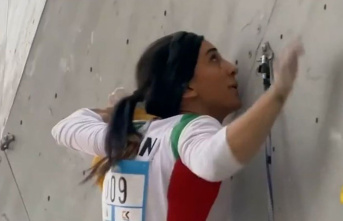Eight months after invading Ukraine, Russian President Vladimir Putin has declared a state of war in several recently annexed areas in the neighboring country. He has already signed a corresponding decree, Putin said on Wednesday during a speech in the National Security Council that was broadcast on state television. Now the State Duma still has to agree - but this is considered a mere formality. This means that Russian martial law will then apply there.
The martial law, which comes into force this Thursday, is accompanied by extended powers for the Russian occupation administrations in the eastern Ukrainian regions of Luhansk and Donetsk as well as in Cherson and Zaporizhia in the south.
For example, there is a curfew and military censorship; Checkpoints are being set up and freedom of movement restricted, as Russian human rights lawyer Pavel Chikov explains. Arrests of up to 30 days, confiscation of property, detention of foreigners and travel restrictions for Russian citizens abroad are also possible. Forced labor in armaments factories should also be possible.
Putin continues to speak of "military special operation"
Regardless of this drastic measure, Putin continued to call the fighting against the neighboring country just a "special military operation". He ordered the formation of a coordination council headed by Prime Minister Mikhail Mishustin. This should improve cooperation between Russia's authorities and armed forces in Ukraine - for example in the delivery of weapons.
Looking at the exact text of Putin's decree, Russian experts now also point out that basically all regions of Russia could theoretically be affected in one way or another by martial law.
Kremlin spokesman Dmitry Peskov countered fears that Russia would now close its borders to its own citizens. That was not planned, he told the state news agency Ria Nowosti. Moscow's Mayor Sergei Sobyanin also emphasized that martial law in the four annexed areas will "currently" not affect the everyday life of the capital's residents.
At the end of September, after several sham referendums, Putin had Luhansk, Donetsk, Cherson and Zaporizhia annexed in violation of international law. Internationally, the step is not recognized and sharply condemned. A few days ago, in a resolution by a large majority, the UN General Assembly called on Russia to reverse the illegal annexation of the regions, some of which are still under Ukrainian control. However, the UN resolution is not binding under international law.
Putin justified the imposition of martial law by saying that Kyiv refused to recognize the results of the sham votes on joining Russia. "On the contrary, the shelling continues. Innocent people are dying," Putin said. According to him, attempts to recapture Ukraine are now attacks on Russian territory.
Putin also ordered a system of heightened preparedness for the territory of the Black Sea peninsula of Crimea, annexed in 2014, and for the Russian regions of Krasnodar, Belgorod, Bryansk, Voronezh, Kursk and Rostov. The authorities there had repeatedly complained about attacks from the Ukrainian side.
There were also dead and injured in places and severe damage to the infrastructure. However, the attacks on Russian territory bear no relation to the consequences of the war in Ukraine, where the United Nations have already registered thousands of civilian deaths since the end of February.
Ukraine remains ready to fight
Kyiv stressed that it wanted to continue its attempts to recapture the occupied territories regardless of the measures taken by Moscow. The Russians only wanted to use martial law to legitimize looting in the affected areas, wrote the adviser to the Ukrainian presidential office, Mykhailo Podoliak, on Twitter. But his country's army will not stop counter-offensives to liberate the areas.
Secretary of the Ukrainian Security Council Oleksiy Danilov wrote that martial law is "preparation for the mass deportation of the Ukrainian population" in order to change the ethnic composition of the occupied territory.
Only in September did the Ukrainians drive most of the Russian troops out of the eastern Kharkiv region. On Wednesday, the Russian occupiers reported a deployment of Ukrainian troops at the front in Cherson and initial attempts at recapture.

